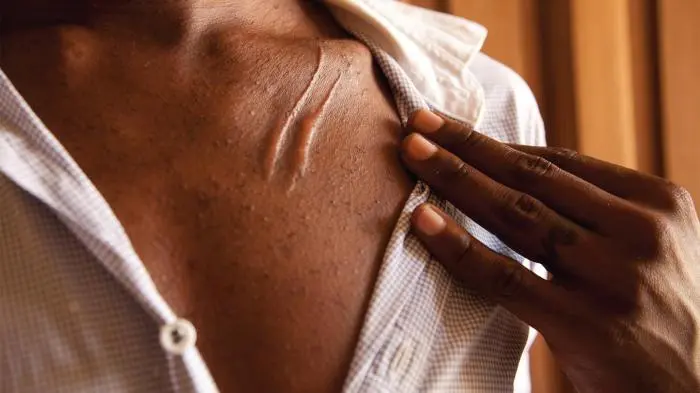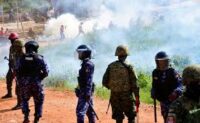An internal investigation by the British Army has revealed that soldiers stationed at the controversial British Army Training Unit Kenya (BATUK) continue to engage in sexual activity with sex workers, despite a strict ban introduced to prevent sexual exploitation and abuse. The findings have reignited scrutiny over the conduct of British troops based in Kenya and the measures taken to address misconduct at the camp.
The inquiry, commissioned in October 2024 following a high-profile ITV investigation, examined the behaviour of soldiers at BATUK over a two-year period dating back to July 2022. It concluded that the use of sex workers among soldiers was still occurring at what was described as a “low to moderate” level. The report stressed that while the problem was not “out of control,” it remains persistent and requires stronger preventive measures.
The ITV investigation had previously exposed claims that some army personnel were paying local women for sex, sparking public outrage and renewed calls for accountability. BATUK, located near the town of Nanyuki approximately, 200km (125 miles) north of Nairobi, has long been under the spotlight due to a string of controversies, most notably the 2012 death of Kenyan woman Agnes Wanjiru. Her killing, allegedly at the hands of a British soldier, remains unresolved and has been a source of tension between the UK and Kenya.
In 2022, the UK Ministry of Defence formally prohibited its forces from using sex workers abroad, introducing regulation JSP 769 in a bid to combat sexual exploitation and safeguard vulnerable individuals. UK Chief of General Staff General Sir Roly Walker responded to the latest inquiry’s findings by stating that the army was determined to completely eradicate such behaviour. “There is absolutely no place for sexual exploitation and abuse by people in the British Army,” he declared, adding that it was “at complete odds with what it means to be a British soldier” and “preys on the vulnerable.”
The service inquiry was conducted by a four-member panel consisting of two serving officers, a civil servant, and an independent adviser. It uncovered 35 instances in which soldiers at BATUK were suspected of paying for sex since the guidance was introduced in July 2022. While 26 of those incidents occurred before all personnel received mandatory training on the ban in November 2022, nine cases have been reported since then. In most cases, however, the allegations could not be conclusively proven.
The report also revealed that, beyond the documented incidents, the UK Foreign Office is investigating a small number of fresh allegations, fewer than five which came to light after the inquiry concluded. These alleged incidents also involve soldiers using sex workers in Kenya.
In its recommendations, the inquiry urged the army to make it easier to dismiss personnel found to have violated the ban and to provide more frequent and targeted training. It also acknowledged the army’s current measures, such as “sharkwatch” patrols senior non-commissioned officers monitoring the conduct of junior soldiers on nights out but said more robust enforcement was necessary.
The allegations come amid a broader Kenyan parliamentary inquiry into claims of misconduct by British soldiers, including alleged injuries to civilians, fathering and abandoning children with local women, and other abuses. Testimonies from public hearings have painted a troubling picture of strained relations between the military base and some local communities, despite the inquiry noting that “the vast majority” of residents are supportive of BATUK’s presence.
The British Army has pledged to implement the report’s recommendations, vowing to strengthen discipline and accountability. However, the persistence of transactional sex at BATUK raises questions over the effectiveness of past interventions and whether the army can truly stamp out behaviour that has plagued its reputation in Kenya for over a decade.














Leave a comment